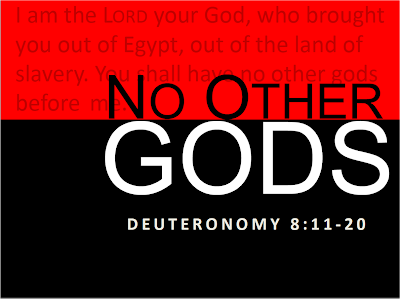SPEAKER: DAVID TAN
TEXT: Galatians 4:4,5
What was it like to live in the time of Isaiah waiting for the coming Messiah, anticipating the birth of the child who would be called Immanuel? (Isaiah 7:14) .
Advent has something to say to us about waiting and hoping. In writing about Jesus’ coming, Paul’s letter to the Galatians said: "But when the fullness of time had come, God sent forth his Son, born of woman, born under the law, that we might receive adoption as sons." (Gal 4:4,5)
The phrase ’fullness of time’ in Greek is KAIROS. It refers to God’s perfect timing when every opportunity is in place to achieve a perfect objective. So at KAIROS time – the fullness of time, at the right time - God sent his Son Jesus, born of virgin Mary.
The advent of Jesus in God’s “fullness of time” has personal applications too. We can see it as a process that is designed to build our relationship with God in the following ways:
The necessity of faith Much of Christian experience is founded upon what we do not see, hoping for things yet to come. We cannot be Christians without living by faith and accepting uncertainties in life. When Habakkuk first declared that the “righteous shall live by faith” (Hab 2:2-3) the righteous faith of believers was displayed in trusting God and clinging to His promises, even when things did not make sense.
In waiting, we develop an attitude of faith in God’s faithfulness, learning to put God’s kingdom and his perfect timing first above our own desires.
The discipline of self-reflection As Christians we should expect a lot of waiting in our spiritual journey for it is often God’s way to make us examine our deepest desires in order to deepen trust in Him.
Psalm 62:1 equates waiting for God’s salvation to confident rest. We reflect if we are truly waiting for his direction, or if are are insisting on our own ambition. This was Abraham’s lesson, waiting until old age for God to give him a son, and then learning the hard way about obeying God completely and sacrificially.
Waiting is denying ourselves, taking up our cross, and surrendering in humility to God.
James 4:10 “Humble yourselves before the Lord, and he will exalt you.”Through self-denial, we are drawn to God and his perfect will for us, learning to put away idols that may grip our heart.
The imperative of God’s sovereignity Waiting for the fullness of time is submission to God’s sovereignty and recognising Nd loving his Kingship over our life. Jesus is not Lord and King if we are always fighting against God’s desire for us.
Romans 8:28 “And we know that for those who love God all things work together for good, for those who are called according to his purpose.”
What then is the ultimate good that comes out of waiting for God? Paul explains right after this verse in v29 that, “For those whom he foreknew he also predestined to be conformed to the image of his Son...”
To willingly accept God’s agenda and what He does for our good - that we become like Jesus - is the heart’s desire of those who truly love God.
May all who love God consider their period of waiting as a time to strengthen faith, learn self-denial, and humbly trust in His perfect will. For the outcome of God’s action upon their life is to transform them into the likeness of Jesus for their eternal good.



























